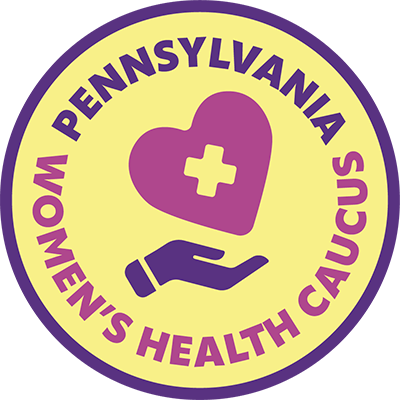HARRISBURG, July 8 – The Democratic chairs of the Pennsylvania Women’s Health Caucus expressed frustration with today’s Supreme Court ruling to uphold Trump administration rules that allow employers with religious or moral objections to deny employees access to free contraceptive coverage.
SCOTUS voted 7-2 in a ruling that essentially allows any businesses to object to contraceptive coverage through employer insurance plans. Justices Ruth Bader Ginsburg and Sonia Sotomayor dissented.
“Equitable access to contraceptives is essential to prevent unintended pregnancies, yet the Trump administration is limiting this essential healthcare during a pandemic,” said state Rep. Mary Jo Daley, D-Montgomery, who serves as Democratic chairwoman of the Women’s Health Caucus and also serves on the House Health Committee.
“The United States has the highest maternal mortality rate compared to other similarly wealthy countries and this will only lead to more deaths,” Daley continued. “Maternal mortality rates are drastically higher for Black women, and any barrier to cost-free access to birth control will dramatically worsen this crisis. It is clear that affordable access to reproductive healthcare is essential for young women, but for young Black women the most.”
Said fellow Democratic chairwoman, state Sen. Judy Schwank, D-Berks: “I’m very disappointed by the Supreme Court’s ruling and the discriminating effects this decision will have on women in our commonwealth by placing more of a financial burden on women, and, in turn, the state. In these unprecedented times, women need access to healthcare more than ever.”
The Trump administration’s 2018 regulations created new exemptions from the guarantee for employers, schools, individuals and insurers with religious or moral objections to some or all contraceptive methods and services. Those regulations were challenged by numerous states and were temporarily blocked nationwide in the case of Trump v. Pennsylvania, which left Affordable Care Act rules about the birth control benefit in place.
As many as 125,000 women could lose their contraceptive coverage through religious exemption because of this ruling, according to government estimates.
“We need to be breaking down barriers – not creating more roadblocks when it comes to women’s rights and ensuring all women are provided with quality healthcare,” said state Rep. Morgan Cephas, D-Phila, vice chairwoman of the WHC. “Access to contraception plays a critical role in our fight to reduce the maternal mortality rate for women and individuals across Pennsylvania. Today’s SCOTUS decision hinders our progress by selfishly putting profits before people’s lives.”
This ruling comes after Pennsylvania and New Jersey successfully halted the implementation of the Trump administration’s 2018 regulations in the lower courts, having argued that taxpayers would be saddled with increased costs to run family-planning programs.
In the dissent with Sotomayor, Ginsburg wrote: “Today, for the first time, the Court casts totally aside the countervailing rights and interests in its zeal to secure religious rights to the nth degree.”
“Unfortunately, the ruling of the Supreme Court exempts employers and universities from a requirement under the Affordable Care Act to provide cost-free access to birth control,” Daley said. “This ruling essentially applies to all nongovernmental workplaces, from very large to very small. And employers have a choice about the workaround that ameliorated some of the harm of a total exemption. Women also have choices as potential employees, students and consumers. If someone else’s religious freedom limits your reproductive freedom, choose wisely.”
